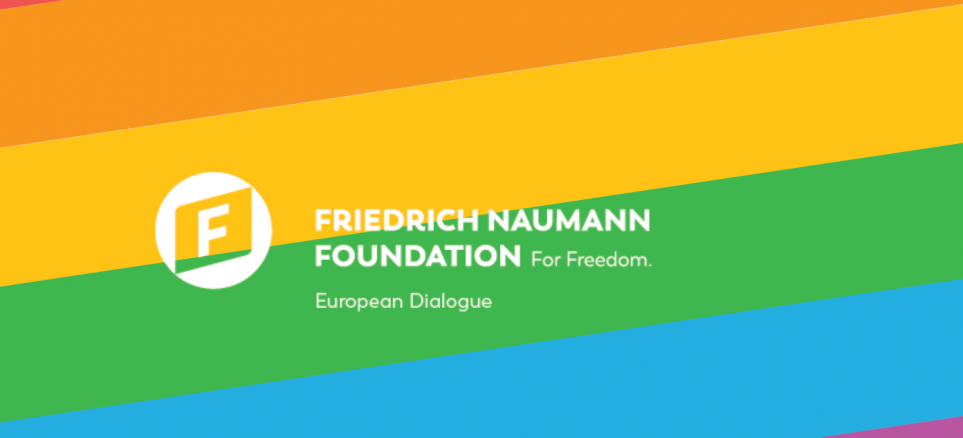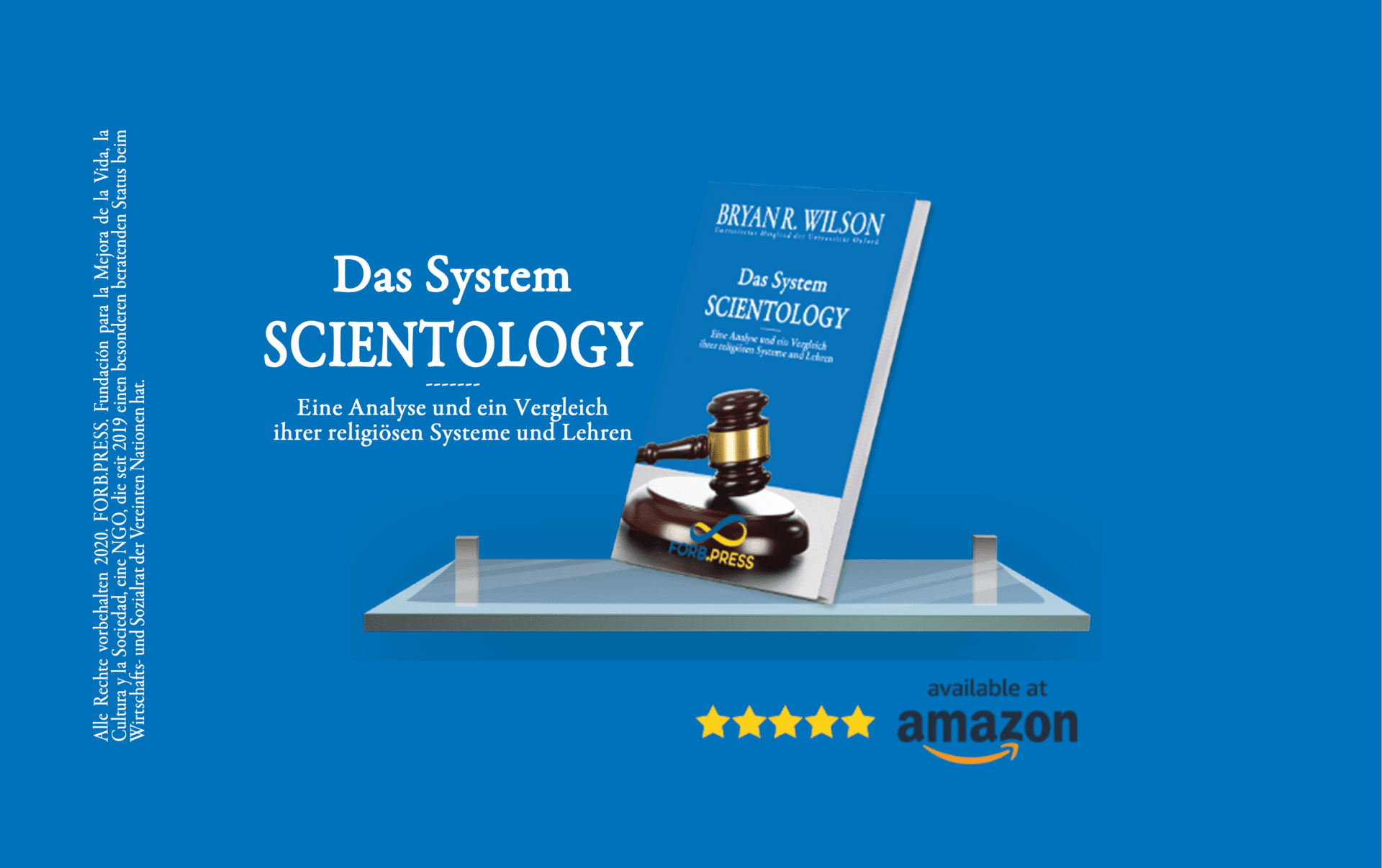LGBTQI activists raise alarm over an increase in hate speech and violence and propose strategies to strengthen protections by improving funding mechanisms.
LGBTQI people around the world, an already marginalized group, have been subjected to an increase in risk and violence largely due to responses towards and misinformation about the COVID-19 pandemic, said panelists of a conference held by the Friedrich Naumann Foundation for Freedom.
At this Brussels-based event, panelists from Poland, Bangladesh, and Iraq reported that political and religious leaders have been using LGBTQI people as a scapegoat for the pandemic and building on existing narratives of LGTBQI people as a threat. Additionally, measures such as quarantines to combat the pandemic increased risk, as LGBTQI people were stuck in abusive homes or kicked out of temporary housing.
The LGBTQI activists speaking also spotlighted country-specific concerns.
In Poland, a Catholic majority country, Julia Maciocha, the Director of Warsaw Pride, highlighted the discrepancy between the outspokenly anti-LGBTQI agenda of the government and the general public’s sentiments, citing the finding that about 50% of Polish people support same-sex marriage.
Moreover, state-sanctioned hostility towards LGBTQI people in Poland is at odds with many of the commitments and values of the EU, which has led to controversies such as the so-called ‘LGBT-free zones’. In July 2020, the European Commission rejected applications from six Polish towns to ‘twin’ with other EU cities because these towns had declared themselves ‘LGBT free’. Consequently, they didn’t receive the funding for this exchange programme. A month later, the Polish Justice Minister announced that the government would provide financial support to these towns and decried the EU’s actions as ‘illegal and unauthorized’.
Amir Ashour, the Founder and Executive Director for IraQueer stated that in Iraq, a Muslim majority country, LGBTQI people live with the constant fear of violence, torture, or even death. He also highlighted an issue essential to the discussion of risk, which is that when LGBTQI people flee to Western countries, they are often forced to ‘prove’ their sexual orientation or gender identity during the refugee determination process.
An activist from Bangladesh, who remained anonymous for safety reasons, explained that in Bangladesh, a Muslim majority country, homosexuality is still criminalized by a law inherited from British colonialism. After the 2016 highly publicized murder of Xulhaz Mannan, the founder of the first Bengali LGBT magazine, the movement was forced underground. Since then, social media platforms have been essential for LGBTQI activists to mobilize in a safe way.
Belgium is ranked as the second-best country regarding LGBTQI rights in Europe by ILGA Europe, but the lived experience of the LGBTQI community varies widely depending on which ‘letter’ one identifies with. For example, intersex children are still operated on at birth because, legally, parents need to register a child’s sex with their birth certificate. Despite numerous legal protections in Belgium, many individuals still experience violence and discrimination, but do not always report to the police.
Globally, LGBTQI activists face many hostilities, including online threats and smear campaigns. Fear is a constant reality: fear of increasing political and legal persecution; fear that loved ones may be attacked either because they identify as LGBTQI or are associated with advocacy work; fear for LGBTQI people who are struggling with depression and may commit suicide; and fear of persecution and violence by the state or religious fanatics. Activism comes at an immense personal cost.
Strategies for increasing rights by improving funding mechanisms
Providing accessible avenues of funding for small NGO’s and grassroots initiatives in challenging political and social environments is an essential step forward in protecting and advancing LGBTQI rights worldwide. Funding is often an issue, but the situation has become especially dire for many activists since governments and donors are not giving as much due to the pandemic. One of the many reasons funding is so essential is that activists often cannot find paid work due to their role as human rights defenders and so, without funding, these movements may become unsustainable.
Currently, application processes for funding are typically very time-consuming and complicated for activists on the ground, often requiring experts to complete them which is an added expense. These applications take precious human resources away from their actual work. It is in everyone’s best interest to balance the need for transparency and accountability on the one hand, and the need for accessibility on the other.
At the end of the event, there was a call for increased intersectionality during any decision-making process about the LGBTQI community ranging from funding mechanisms to policymaking. Tailoring a programme to fit the needs of one ‘letter’ is insufficient, because each member of the community will have different needs. Other factors such as an individual’s race, ability, age, etc must also be considered. Without taking them into account and planning accordingly, well-intentioned legislation and policies will continue to exclude already marginalized members of minority groups.














